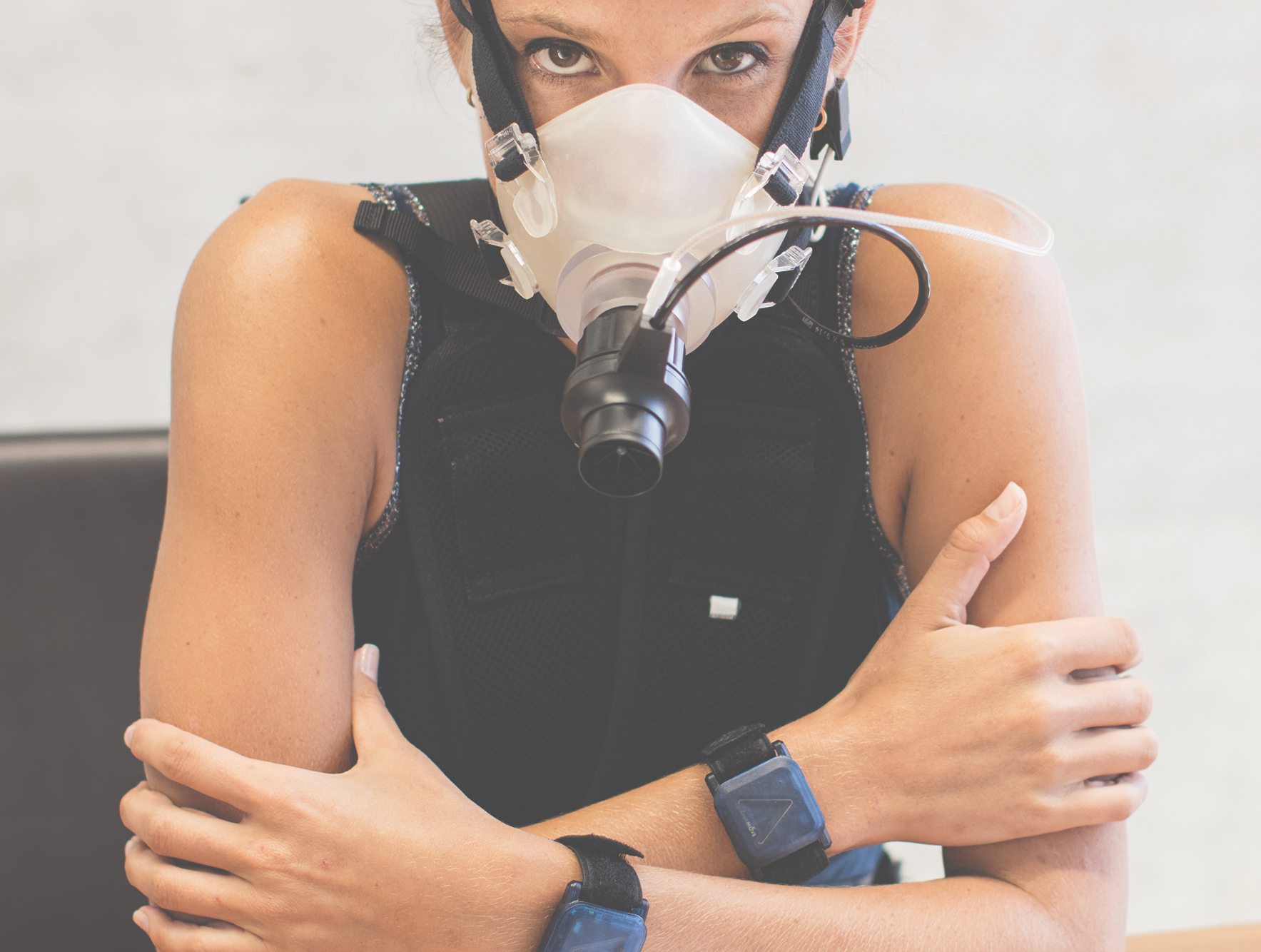Early Detection of Health Risks and Prevention

Tackling health threats early and providing adequate personalised measures are essential in moving towards preventive public health. However, this healthcare model requires accurate mobile sensors and detection algorithms with high specificity and sensitivity.
In the Early Detection of Health Risks and Prevention research module, we use falls and fractures as a clinical test case due to the high incidence of injurious falls in ageing societies. We develop a holistic concept for large-scale screening that is specific and accurate in identifying individuals with an elevated risk of falling. For these high-risk individuals, the benefits of interventions designed for reducing fall risks at the community level are extremely high.
Using advanced sensors, researchers bring the gait lab to the community in order to develop high-quality screening algorithms to identify individuals with high fall risk. Researchers in this research module are the first to link an individual’s fracture risk with the same individual’s fall risk by building personalised biomechanical models.
These biomechanical models have been developed and validated over the last years, and the principal investigators (PIs) from ETH Zurich are currently leading the in silico clinical trials to compare the effectiveness of different treatment options for preventing fractures in a given individual.
Prospective clinical studies are testing these new tools in large cohorts of elderly patients in close collaboration with leading Singaporean PIs from the Signature Research programme “Health Services and Systems Research” at Duke-NUS. Real-world clinical- and cost-effectiveness is tested in a well-powered preventive intervention trial which is targeted at high-risk individuals.
Team
Lead Principal Investigators and Clinician Scientists
Principal Investigators and Clinician Scientists
- external page Assoc. Prof. Li Hsian Christopher CHEN
- Prof. Dr Stephen FERGUSON, ETH
- PD Dr Benedikt HELGASON, ETH
- Prof. Ecosse LAMOUREUX, DukeNUS/SingHealth
- Prof. Rahul MALHOTRA, DukeNUS/SingHealth
- Prof. Marcus ONG, DukeNUS/SingHealth
- Assoc. Prof. Dr Victor R. SCHINAZI, ETH/Bond University
- Dr Navrag SINGH, ETH
- Prof. Yin Leng THENG, NTU
- external page Dr Chek Hooi WONG, DukeNUS/SingHealth
- Dr Abhijit VISARIA, DukeNUS